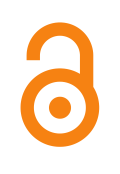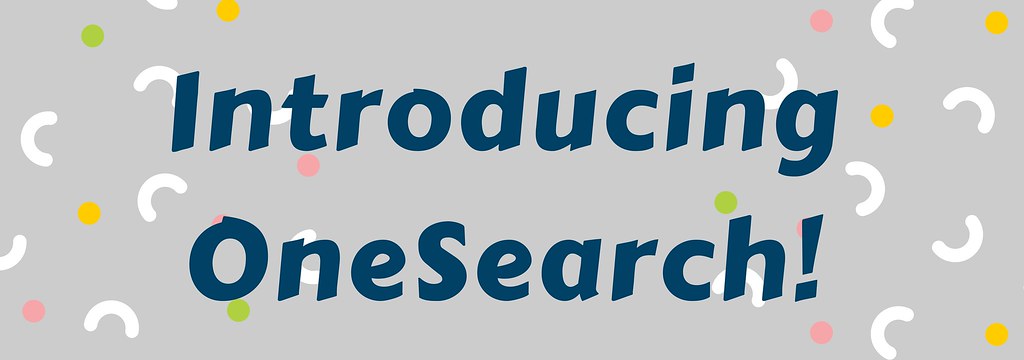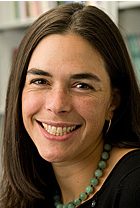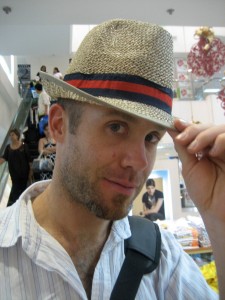Building Access: To minimize the risk of COVID-19 transmission, the Seeley G. Mudd Library building remains closed until further notice. Although the building is closed, your Library colleagues will continue to support the university community with a range of services to enable and enhance remote teaching and learning.
Access to Information Resources: See http://www.lawrence.edu/library for remote access to electronic resources, including journal articles and other digital resources.
Research Help: Reference Librarians are standing by! Start with the Ask a Librarian page. If the chat service is offline, send your question via email, and we will reply as soon as we are able. Contact Reference Services: reference@lawrence.edu
Library Instruction: Contact the Library Instruction Coordinator for consultation on integrating digital sources into remote courses, to schedule a Library instruction session with remote classes, and to plan library assignments designed for remote learners.
Interlibrary Loan: We will continue to request articles and book chapters that can be fulfilled electronically, but we will not be placing requests for loans of books or other returnable items. Patrons who currently have ILL loans can request a renewal by logging into your ILL account. For more information, contact: lucialib@lawrence.edu
Archives: While the Mudd Library building is closed, the Lawrence Archives will also be closed. If you have any queries, questions, or needs please email the University Archivist at archives@lawrence.edu
Instructional Technology: See http://www.lawrence.edu/faculty/it for service updates, hours, and contact information.
Technology Services Help Desk: Technology Services staff are still hard at work. Service updates, hours, and contact information are available on the website: https://www.lawrence.edu/info/offices/technology_services
This information is current as of 5pm, Monday, March 23, 2020 and is subject to change at any time — but you knew that.


 We’re pleased to announce that, thanks to the hard work of a lot of people, the Mudd Library will be introducing a new search system as the school year begins!
We’re pleased to announce that, thanks to the hard work of a lot of people, the Mudd Library will be introducing a new search system as the school year begins!


